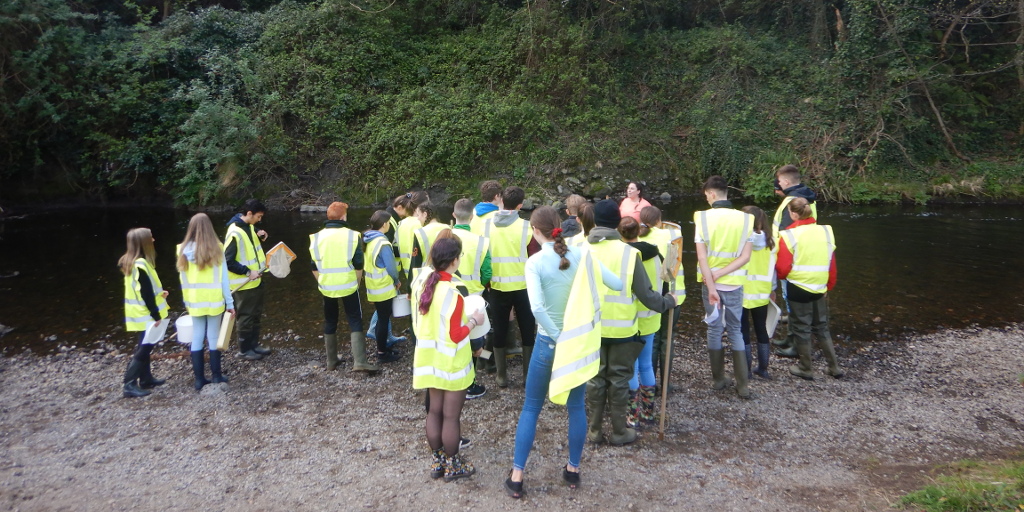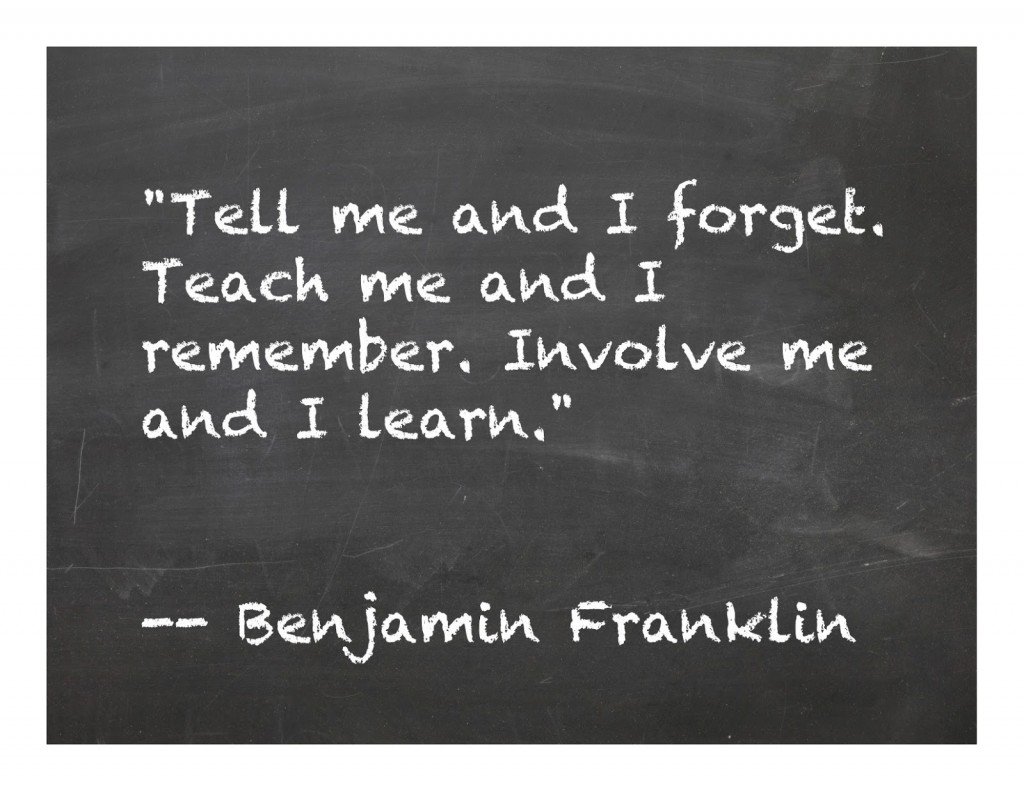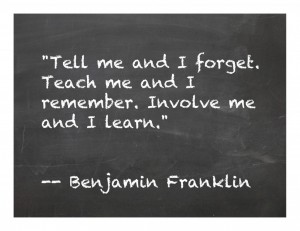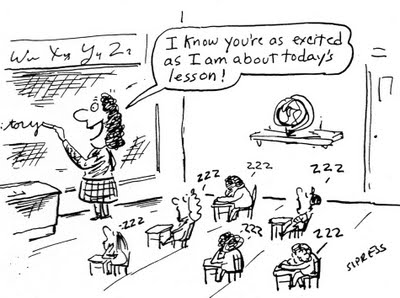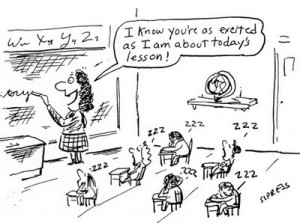
In the first of a two part post, Zoology lecturers address their students…
This week marks the beginning of another academic year at Trinity College Dublin. We’re sure staff and students alike are greeting this news with a mingled sense of excitement, anticipation and dread (!).
Near the end of last term, some of us were discussing things we wish undergraduate students understood about lecturers and the academic process, so we thought it might be fun to post this here. If any students would like to reply to this please do, we welcome your input! But please keep it polite and respectful. Most of this is aimed at the Sophister years (3rd and 4th year students) but most is applicable whatever stage you’re at and wherever you are studying your degree.
Dear students,
We really enjoy teaching you but there are some things we wish you knew…
1.We have feelings too!
To steal from Shakespeare: “If you prick us, do we not bleed? If you tickle us, do we not laugh?” We’re not suggesting that you attack us with pointy objects or start tickling us, but the point is that lecturers are human beings, not robots [Though I’d love it if I had a robot to do my lectures sometimes, it’d be awesome if it would also clean my house and the Zoology microwave!]. It sometimes feels like undergraduates forget this as soon as we stand up and begin lecturing. For example, we’d appreciate it if students didn’t sit there and talk through lectures. If people are talking it makes it hard for everyone else to hear, and it’s extremely distracting (yes we can see you wherever you sit even in the huge lecture halls). It’s also really rude. Imagine how you would feel if someone did the same thing to you. We understand that some people might not be interested in the topic or have something urgent to discuss with a friend, but if that’s the case please don’t do it in the lecture.
We also work really hard to make our lectures interesting and informative. There is nothing more soul crushing than a student saying how rubbish your lectures are after you’ve spent days writing them, adding interesting anecdotes and trying to deliver them with enthusiasm. Of course we know not everyone is interested in the same things, but try to make negative feedback constructive so we can improve things for next year and don’t just get depressed about it!
2. Learning is a two-way process
Learning is a two-way process, so you have to be involved, especially if you want to shape the content of the lecture course. Generally, we are amenable to pausing and running through material again, in different ways if you don’t understand something. We can only do this if you are there, and if you ask a question. Complaining in feedback that the lecture notes or slides weren’t detailed enough implies you probably weren’t there in the first place to fill them in. Of course it’s hard to ask questions in large lectures, but feel free to ask us at the end of a lecture, during a practical or by email. Some of us are even amenable to being asked questions via Twitter! During the lectures/tutorials/practicals you have our almost undivided attention: this is the time to ask all your questions, not the week before exams when you are panicking and we are busy doing our other jobs (see 3 below).
3.Teaching is only part of our job
Our jobs as academics are a lot more than teaching. We also supervise Masters and PhD students, apply for research funding, perform research, write papers, review other people’s papers before they are published, go to scientific conferences and present our work, teach other scientists at workshops and run large parts of the University through administrative roles we undertake. And teaching isn’t just writing lectures and delivering them, we also have to write exams, mark exams and coursework, organize timetables and practical materials, instruct the demonstrators, and put things onto Blackboard etc. This (and see also point 4 below) is why we can’t always meet you when you’d like us to, or reschedule lectures/practicals to suit you, or necessarily offer ad hoc tutorials just before the exams. We’re generally juggling a million different tasks so although the change may seem minor to you, it could throw out our quite rigid schedules.
4.We have lives outside the university.
Not only are we very busy when we are at work, but we all have lives outside the university. We have kids who need to be picked up from school, put to bed, and looked after when they’re sick, we have partners who would like to spend time with us, we have friends, families, pets, hobbies and TV shows we like to watch in our pajamas. So please don’t get cross when we can’t give you feedback on your essay as quickly as you’d like (and don’t look quite so horrified on the occasional evenings that you bump into us in the pub!). Please note this means that if you hand something in on a Friday night, it is unlikely to have been marked by the Monday morning, as we also (occasionally) don’t work all weekend. Like everybody else, we officially work only in the working week.
5. We do not get the whole summer off from work
This follows on from point 2. Because a lot of our work actually has nothing to do with undergraduate student teaching, lecturers do not get the whole summer off work. This summer I have taken two weeks off and have worked a normal 8 hours a day schedule, rather than staying until late most nights like I do in term-time. I have also presented my work at two conferences, attended another two conferences with our PhD students, written two scientific papers, worked on two other papers, supervised a Masters thesis project, prepared work for my new intern, supervised my PhD students, and run three different workshops in Ireland and the UK. I have also been preparing my teaching for the term!
Authors
Natalie Cooper and Andrew Jackson (Assistant Professors at TCD) ncooper[at]tcd.ie, a.jackson[at]tcd.ie
@nhcooper123 @yodacomplex
Image source:
readingforall101.blogspot.ie

